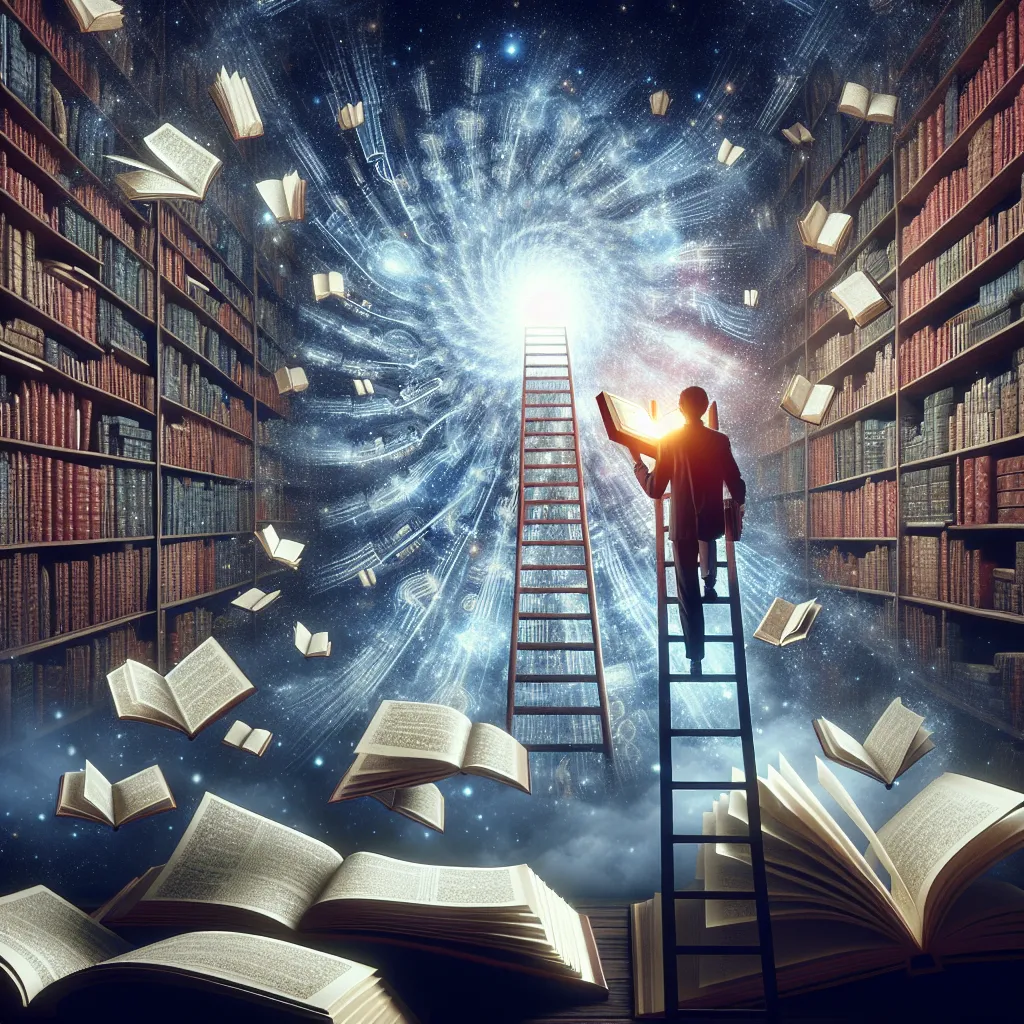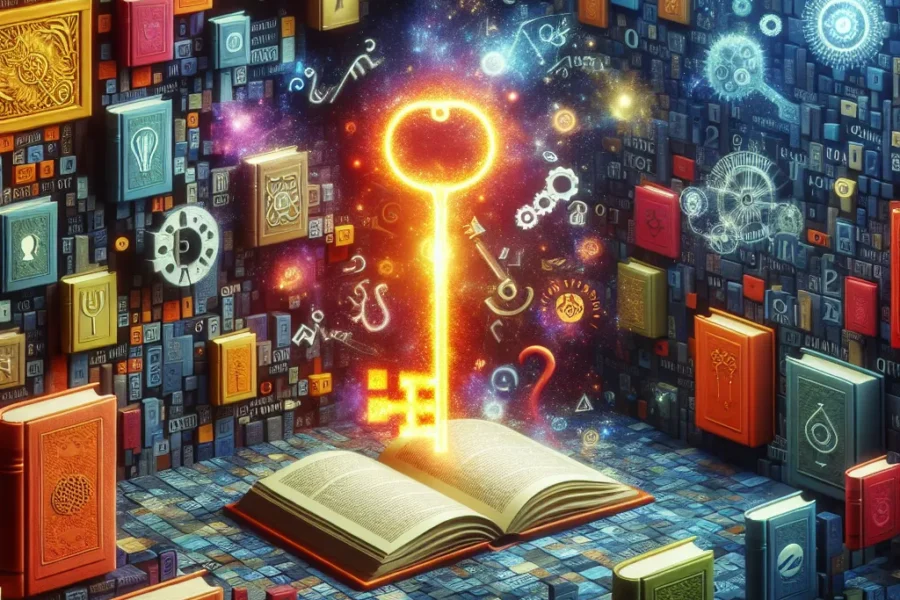In our quest to uncover the “Hardest Riddle in the World,” we enter a realm where logic, creativity, and human ingenuity collide. As we venture into 2024, riddles continue to captivate minds across generations, serving not just as entertainment but as powerful tools for cognitive enhancement and cultural expression. From ancient civilizations to modern digital platforms, these intellectual challenges have evolved while maintaining their fundamental appeal: the thrill of solving the seemingly unsolvable.
If you want you know your own IQ, we have a free iq test here.
Modern riddles range from deceptively simple wordplay to intricate mathematical conundrums that challenge our conventional thinking patterns. The concept of the “Hardest Riddle in the World” has taken on new dimensions in our digital age, where social media and online communities regularly share and debate increasingly complex puzzles that push the boundaries of human problem-solving capabilities.
Throughout history, riddles have been woven into the fabric of human civilization. The legendary Riddle of the Sphinx remains one of the most recognized examples, but contemporary culture has produced equally compelling challenges. Today’s riddles often incorporate elements of technology, psychology, and modern life, while maintaining the timeless appeal that made their ancient counterparts so engaging.
What makes a riddle truly deserve the title of “world’s hardest”? The criteria have evolved in our modern era. Beyond mere complexity, today’s most challenging riddles often feature multiple layers of meaning, require interdisciplinary knowledge, and demand innovative thinking approaches. Yet they must remain accessible enough that anyone, regardless of their educational background, can understand the basic premise – even if the solution proves elusive.
The technological revolution has given birth to new categories of complex riddles. For instance, the quantum computing community now grapples with riddles that blur the lines between classical logic and quantum mechanics. The P versus NP problem remains one of computer science’s greatest unsolved mysteries, with the Clay Mathematics Institute still offering its million-dollar prize for a solution. These modern challenges demonstrate how riddles continue to push the boundaries of human knowledge and understanding.
Einstein’s Zebra Puzzle (or Einstein’s Riddle) exemplifies the type of logical challenge that has stood the test of time. Recent studies suggest that in our age of shortened attention spans, even fewer than the originally estimated 2% of people can solve it without assistance. This classic puzzle has inspired numerous variations and has become a benchmark for testing logical reasoning abilities in both academic and professional settings.
The approach to solving complex riddles has been refined by modern cognitive science. Research shows that successful riddle-solvers often employ a combination of convergent and divergent thinking, switching between systematic analysis and creative leaps. This cognitive flexibility has become increasingly valuable in our rapidly evolving world, where problem-solving skills are more crucial than ever.
Educational institutions have embraced challenging riddles as powerful teaching tools, particularly in STEM fields and critical thinking courses. The rise of gamification in education has led to the integration of complex riddles into interactive learning platforms, making the process of developing problem-solving skills more engaging for students of all ages.
The digital revolution has transformed how we engage with riddles. Online communities dedicated to puzzle-solving have created global networks where enthusiasts collaborate on solving the world’s most challenging brain teasers. Social media platforms regularly see riddles go viral, creating worldwide collaborative efforts to find solutions.
While artificial intelligence continues to advance, the realm of complex riddles remains uniquely human. Modern AI systems excel at certain types of puzzle-solving but still struggle with riddles requiring cultural understanding, emotional intelligence, or abstract thinking – highlighting the distinctive capabilities of the human mind.
Today’s riddles often reflect contemporary concerns and modern life’s complexity. They incorporate elements of environmental awareness, technological advancement, and social issues, making them not just intellectual exercises but mirrors of our current world. This evolution ensures that riddles remain relevant and engaging for new generations while preserving their fundamental role as tools for developing critical thinking and cultural understanding.
Cross-cultural riddles have gained new importance in our increasingly connected world. They serve as bridges between different societies, offering unique perspectives on universal human experiences while challenging our cultural assumptions and broadening our intellectual horizons.




Leave a Comment